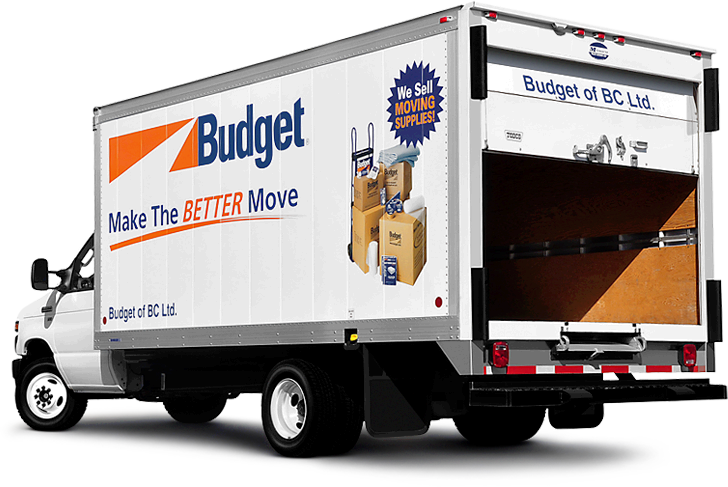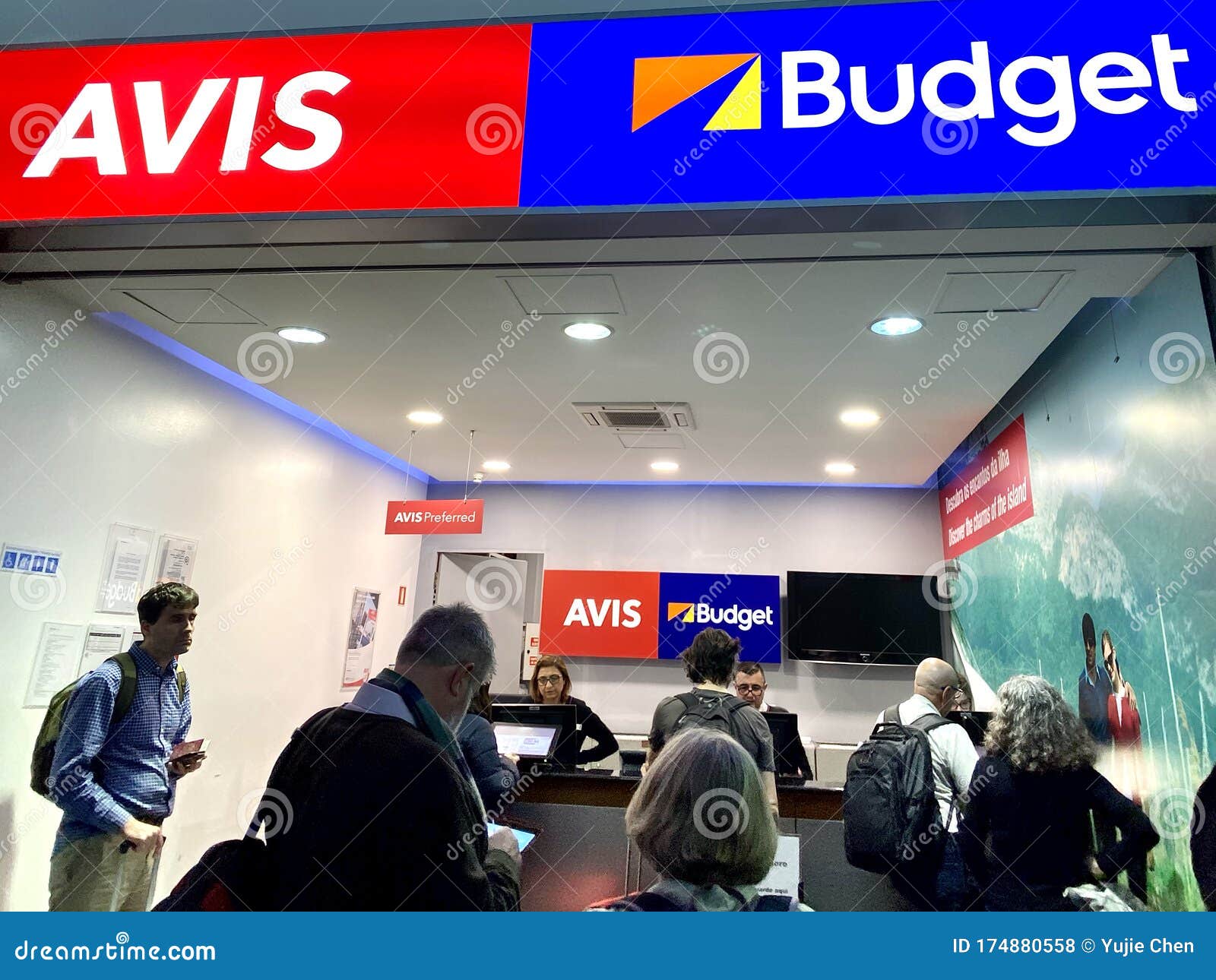
Paired with fuel price inflation, that means car prices will stay high and renting will remain expensive. Rental companies would either buy excess vehicles in bulk at a discount, selling them off after their rental career ended, or set up buyback schemes with manufacturers, cutting a deal to use a car for a short time before returning it.īoth setups favored car rental companies, but the recent shortages mean manufacturers now have the upper hand and no longer have to sell vehicles at a loss. One reason: The car rental industry was previously able to keep prices down in part because automakers produced too many vehicles, says Toby Poston, director of corporate affairs at BVRLA. Profits are recovering too, though US politicians have expressed concern of possible predatory pricing behavior, with Hertz posting a record quarterly profit after its bankruptcy restructuring.Įven without apps and peer-to-peer disruption, the car shortage could mean a lasting shake-up in the rental market-and that means prices are likely to stay high. That’s echoed by Avis-Budget, which had a fleet of 660,000 vehicles at the end of 2019 it fell to 533,000 the following year, and rose to 590,000 by the fourth quarter of 2021. Europcar’s pre-pandemic fleet of 293,000 vehicles, which fell to 187,200 during 2020, has since rebounded to 243,700. Europcar’s latest quarterly results show that the company is turning to Asian car makers and electric vehicles to fill gaps in its fleet. Hertz’s latest annual report shows the average holding period for a vehicle hit historical highs of 25 months in the Americas and 20 months for the rest of the world, versus 18 months for the Americas and 12 internationally in 2019. But as buying cars remains difficult, the company is also buying from a wider range of manufacturers and keeping cars in its fleet for longer. “Currently, our global fleet is almost back to pre-crisis levels,” says Tim Vetters, managing director of Sixt UK. Post-pandemic, they’re racing to boost their fleets in a few different ways. Even before the pandemic, rental firms were lobbying for tighter regulation of the peer-to-peer market, demanding tighter vehicle checks and restrictions on drop-off zones in airports. “You can’t just launch in an area and suddenly have loads of cars for people to hire it takes time for it to build up.” Car clubs are also set up in areas without enough vehicles in general, such as central London, where public transport might reduce car ownership but demand for ad hoc rentals remains high.īut traditional car rental companies aren’t sitting back and letting upstarts disrupt their market. “We have lots of demand but not enough cars,” says Rob Lamour, cofounder of HiyaCar. They aren’t owned by HiyaCar, but by carmakers, who are guaranteed a minimum income, and the aim is to fill in cars where there isn’t yet enough supply, what the company calls the “cold-start problem.” With 150,000 registered users, HiyaCar has just 2,000 cars, of which 350 are part of its car club system. HiyaCar has one solution to the continued lack of supply: Top up the system with its own vehicles.
Budget rentals drivers#
It’s a challenging ask, though Heggernes, whose job focuses on encouraging drivers to sign up-says supply has increased due to the cost-of-living crisis, with people seeking ways to make extra cash.

Budget rentals full#
Sharing platforms rely on individuals letting strangers drive off in their car, which requires trust as well as effort to keep vehicles clean, full of petrol, and otherwise ready for renters. Turo has 3,000 in the UK, while in the US, Getaround has 271,000. “The shortage of cars occurring everywhere is not something that really affects us.”īut that doesn’t mean these platforms have enough vehicles-in the UK, HiyaCar has 2,000 cars for its 150,000 registered users. “The cars on the platforms don’t belong to the company,” says Even Heggernes, a vice president at Getaround Europe.


Cars are delivered directly to the arrivals zone at airports, with the owner either meeting renters with the keys or leaving the vehicle in airport parking, where it’s unlocked via the app.Īpps like Turo, Getaround, and HiyaCar have the same benefit as Airbnb and other so-called sharing-economy platforms: They don’t own anything. Getaround is working to get parking spots for its cars at transport hubs in France, for example, it has dedicated spots near railway stations. That convenience is fine if you’re already in a city, but what about people flying in for a holiday? HiyaCar currently focuses on local renters rather than tourists, saying support for vacationers will hopefully be added this year, but the other two companies do target fliers. Xavier Collins, vice president of Turo, says that convenience is another benefit of going peer-to-peer, with many people able to find a car a short walk away rather than at a rental lot on the edge of town.


 0 kommentar(er)
0 kommentar(er)
